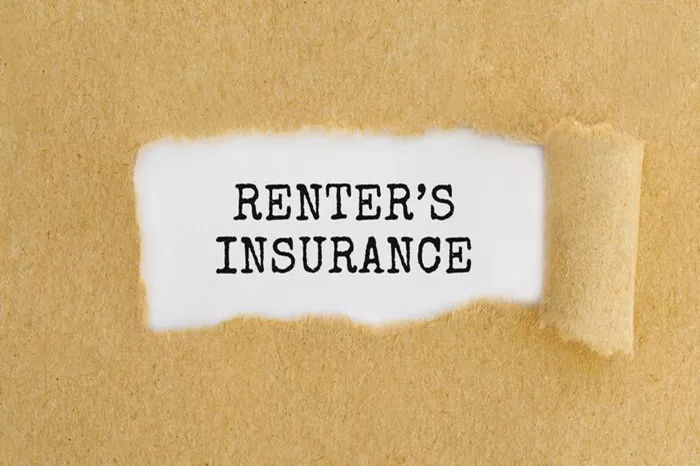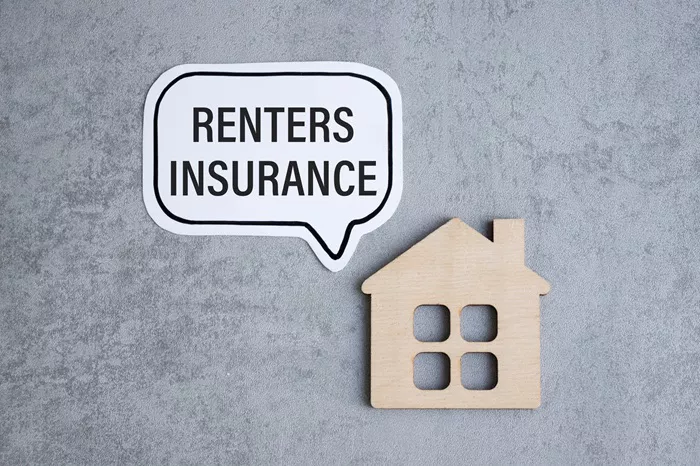When choosing renters insurance, one of the critical decisions you will need to make is selecting the right deductible. A deductible is the amount of money you agree to pay out of pocket before your insurance coverage kicks in. Understanding what constitutes a good deductible for renters insurance is crucial for balancing your premium costs with your financial risk. This article explores various aspects of choosing an appropriate deductible, including factors to consider, common deductible options, and how to evaluate what might be best for your situation.
Understanding Renters Insurance
What Is Renters Insurance?
Renters insurance is a type of insurance policy that provides financial protection for tenants renting residential property. It covers personal property loss due to events like fire, theft, or vandalism, and it also offers liability protection in case someone is injured while on your rented property.
Why Is Renters Insurance Important?
Renters insurance is important because it safeguards your personal belongings and offers liability coverage. Without it, you would be responsible for replacing your possessions or covering legal costs out of your own pocket. This insurance is often affordable but crucial for protecting your financial well-being.
Types of Deductibles
Standard Deductibles
A standard deductible is a fixed amount you agree to pay before your insurance company starts covering your claims. Common standard deductibles for renters insurance range from 250 to 1,000 dollars. The deductible amount directly affects your monthly premium—the higher the deductible, the lower the premium, and vice versa.
Percentage Deductibles
Some insurance policies use a percentage-based deductible rather than a fixed amount. This percentage is calculated based on the value of your insured property. For example, if your deductible is set at 2% and your total coverage amount is 50,000 dollars, you would be responsible for the first 1,000 dollars of any claim. Percentage deductibles are less common in renters insurance but may be used in some policies.
Factors to Consider When Choosing a Deductible
Personal Financial Situation
Your personal financial situation plays a significant role in determining the best deductible for you. If you have substantial savings and can afford to cover higher out-of-pocket expenses, a higher deductible might be suitable. Conversely, if your savings are limited, a lower deductible might be a better option to avoid significant financial strain in the event of a claim.
Monthly Premium Costs
The deductible you choose directly impacts your monthly premium costs. A higher deductible typically means a lower monthly premium, making it more affordable in the short term. However, this could result in higher out-of-pocket costs if you need to make a claim. Balancing your monthly budget with potential future expenses is crucial when choosing a deductible.
See Also: What Does Renters Insurance Cost
Frequency of Claims
Consider your likelihood of filing a claim when selecting a deductible. If you live in an area prone to frequent incidents, such as high crime rates or natural disasters, a lower deductible might be more appropriate. This allows you to have more manageable out-of-pocket expenses when filing a claim. Conversely, if you rarely experience such issues, you might opt for a higher deductible to save on monthly premiums.
Insurance Policy Terms
Review the terms of your renters insurance policy to understand how different deductibles affect your coverage. Some policies may have specific provisions or limits on deductibles, and understanding these details will help you make an informed decision. Check for any restrictions or conditions that might impact your deductible choice.
Common Deductible Options
Low Deductibles
Low deductibles typically range from 250 to 500 dollars. This option is ideal for those who prefer to pay less out of pocket in the event of a claim. While this choice results in higher monthly premiums, it provides greater financial protection if you need to file a claim.
Medium Deductibles
Medium deductibles, ranging from 500 to 1,000 dollars, are a common choice for many renters. They offer a balance between monthly premium costs and out-of-pocket expenses. This option is suitable for individuals who want to manage their insurance costs while still maintaining reasonable coverage.
High Deductibles
High deductibles, generally starting at 1,000 dollars and above, result in lower monthly premiums. This option is beneficial for those who can comfortably cover higher out-of-pocket expenses. If you have sufficient savings and prefer lower monthly payments, a high deductible might be the right choice for you.
Evaluating Your Deductible Options
Assessing Your Financial Comfort Zone
Evaluate your comfort level with various deductible amounts by considering your financial situation and ability to handle unexpected expenses. Choose a deductible that aligns with your financial stability and risk tolerance. It is important to select a deductible that you can manage without undue hardship.
Comparing Insurance Quotes
When shopping for renters insurance, compare quotes from different providers to see how varying deductible amounts affect your premium costs. This comparison helps you make an informed decision about which deductible provides the best balance between premium affordability and out-of-pocket expenses.
Reviewing Policy Exclusions and Limits
Review your policy’s exclusions and limits to understand how they impact your deductible choice. Some policies may have specific exclusions or limits that affect how deductibles apply in different situations. Ensure you are aware of any limitations that might influence your decision.
Conclusion
Choosing the right deductible for renters insurance involves balancing your financial situation, monthly premium costs, and potential out-of-pocket expenses. A good deductible is one that fits your budget, provides adequate coverage, and aligns with your risk tolerance. By understanding the various deductible options and considering factors like your financial comfort zone, you can make an informed decision that best suits your needs. Whether you opt for a low, medium, or high deductible, ensure that your choice provides the necessary protection for your personal belongings and financial well-being.






















